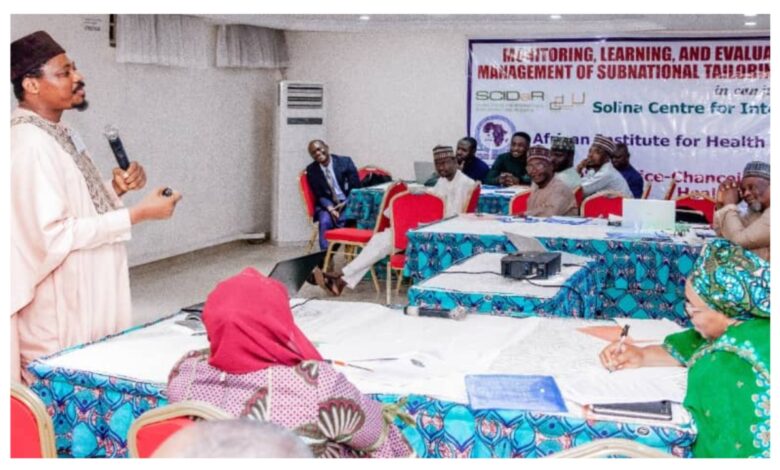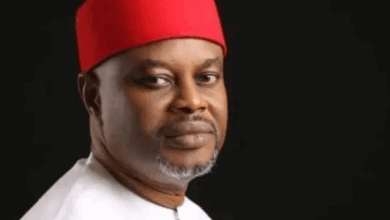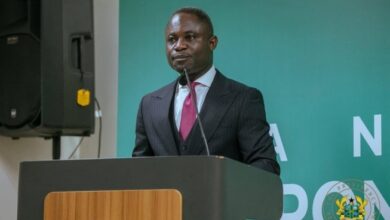Health experts advocate institutionalisation of malaria control plan in Kano

Health experts and stakeholders have advocated for the institutionalization of strategic malaria control plan in Kano state.
The resolution was reached at a co-creation workshop/engagement held Kano.
The co-creation workshop/engagement event was the second part of the Promoting evidence-informed policymaking and implementation to facilitate Monitoring, Learning, and Evaluation (MLE) for Malaria Subnational Tailoring (SNT) in Kano State.
The event was organized by the African Institute for Health Policy and Health Systems, Nigeria and the Office of the Vice Chancellor, David Umahi Federal University of Health Sciences, DUFUHS, Uburu, Ebonyi State, in collaboration with Solina Centre for International Development and Research, Bill and Mellinda Gates Foundation.
In his opening remarks, the Vice Chancellor of David Umahi Federal University of Health Sciences, Uburu, Ebonyi state, Professor Jesse Uneke, who is also the Founder/ Director of the African Institute for Health Policy and Health Systems, Nigeria, commended the Kano State Government for its commitment towards the elimination of malaria in the state.
He applauded the enthusiastic performance of the stakeholders during the last co-creation workshop in Kano. Uneke added that such level of enthusiasm is required in assessing the evidence brief for policy for malaria strategic plan sub-national tailoring.
Uneke charged the stakeholders to be diligent in rating the performance of the National Malaria Strategic Plan (NMSP) 2021-2025 in the state and suggested ways to enhance the NMSP 2026-2030.
Speaking on the topic ‘Promoting evidence-informed policymaking and implementation to facilitate Monitoring, Learning, and Evaluation (MLE) for Malaria Subnational Tailoring (SNT) in Kano State’, Uneke, a Health Policy and Health Systems expert, summarized the key milestones in the evolution of malaria policies and guidelines in Nigeria from the colonial era of 1950s to the NMSP 2021-2025.
He argued that achieving further reductions in malaria burden in Nigeria will require a shift from a one-size-fits-all approach to malaria programming towards a more targeted approach, which requires a renewed focus on the use of high-quality data for efficient planning and effective SNT program implementation.
Uneke stressed the importance of contextual evidence and experiential evidence in conjunction with best available scientific evidence while making policies, adding that use of best available scientific evidence alone in formulating policies is faulty.
The professor of Health Policy and Health Systems shared with the stakeholders the role of policy briefs in institutionalizing evidence informed policymaking including the NMSP subnational tailoring.
The second plenary, which was taken by another Health Policy and Health Systems expert, Dr Onyedikachi Chukwu, featured the results of the SWOT analysis of the malaria elimination program in Kano State, as well as the report of the stakeholders mapping done by the team in June 2025.
Some of the strengths highlighted were government funding, wide spread ITNs distribution, mass media campaigns and school-based programs.
While commending the state for the efforts so far, they emphasized the need to address the weaknesses identified, which include inadequate resources and weak health system infrastructures especially at the local government and ward levels.






